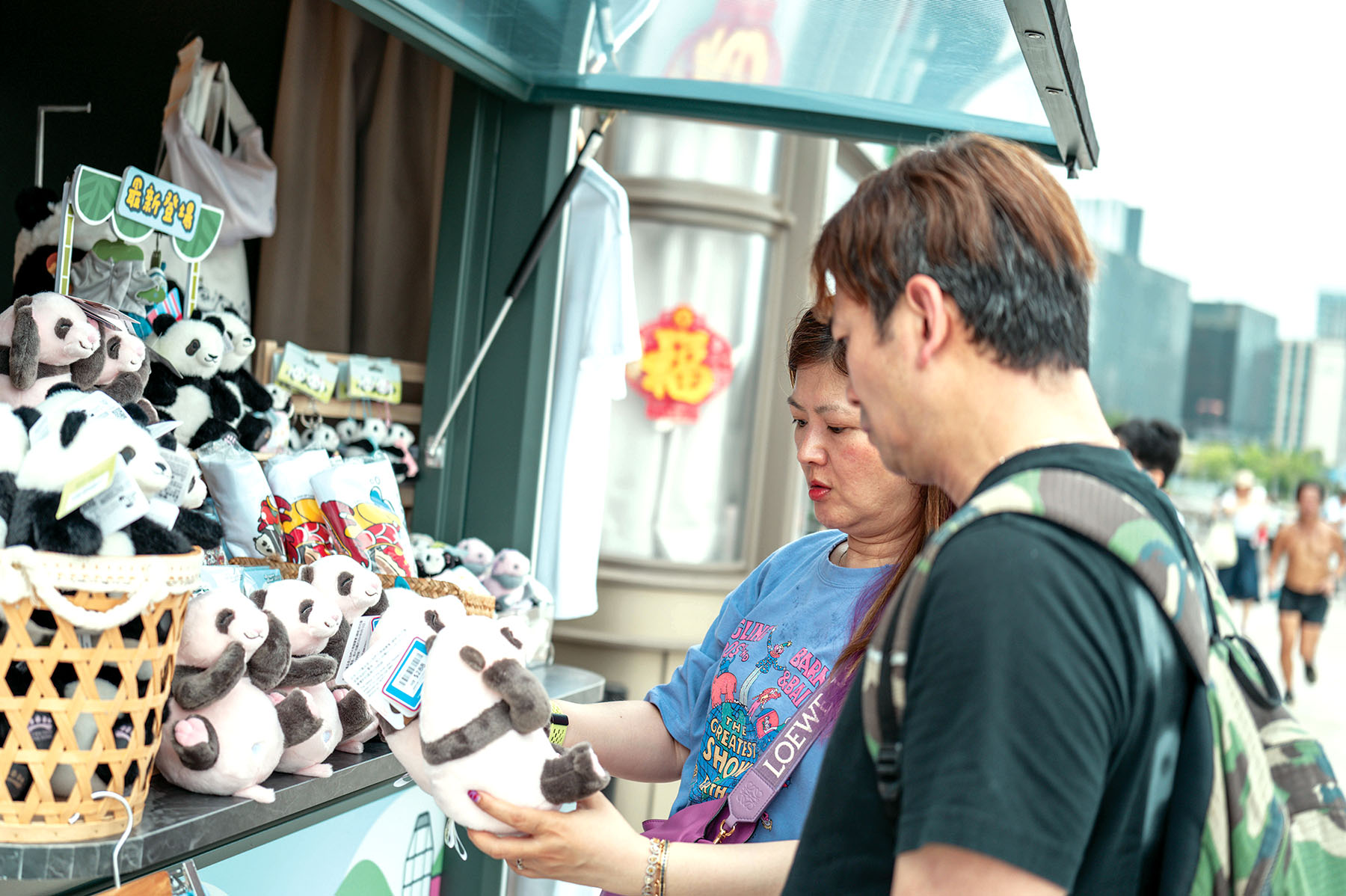
Hong Kong logged an increase in tourist arrivals from the Chinese mainland during the first two days of the Dragon Boat Festival break, official data show.
Industry stakeholders viewed this as a positive sign and called for continued effort to improve service quality and capitalize on the city’s mega event economy during the upcoming summer vacation.
Data from the Immigration Department showed that on Saturday and Sunday — the first two days of the three-day mainland holiday — the number of inbound passenger trips through all checkpoints exceeded 1.17 million. Among them, over 270,000 were made by mainland visitors, a surge of more than 7 percent compared to the same period last year.
READ MORE: Dragon Boat Festival surge in mainland arrivals fires up tourism practitioners
Over 70,000 mainland passenger trips were logged on Monday as of 4 pm.
The Hong Kong West Kowloon Station, connecting to the 93 mainland via high-speed rail, was the most popular checkpoint among mainland visitors, with 38,985 arrivals on Saturday and 32,693 on Sunday, making up around a quarter of the total. The Lok Ma Chau Spur Line checkpoint handled 54,000 mainland passenger trips over the past weekend, ranking second in popularity.
Timothy Chui Ting-pong, executive director of the Hong Kong Tourism Association, said that the inbound figures were impressive for a three-day holiday, with a notable influx of group tourists.
He highlighted Hong Kong’s emergence as a must-visit destination for short-distance travelers from nearby regions such as cities in the Guangdong-Hong Kong-Macao Greater Bay Area, the Guangxi Zhuang autonomous region, and Jiangxi province.
However, Chui acknowledged the intense regional competition and called on industry practitioners to keep improving service standards and provide diversified experiences.
Caspar Tsui Ying-wai, executive director of the Federation of Hong Kong Hotel Owners, said that hotel bookings during the Dragon Boat Festival holiday met expectations.
ALSO READ: Art Hong Kong Expo: Cultural leaders rally to promote HK’s global hub vision
Tsui said that May and June are usually the slack season for Hong Kong’s hotel industry, with a dip in overall performance compared to the peak season, yet remaining within standard ranges.
Looking ahead, Tsui has high hopes for the summer vacation period in July and August, believing that the city’s mega event lineup will be the catalyst for the peak season and bring a greater boost to the tourism industry.
Contact the writer at amberwu@chinadailyhk.com


